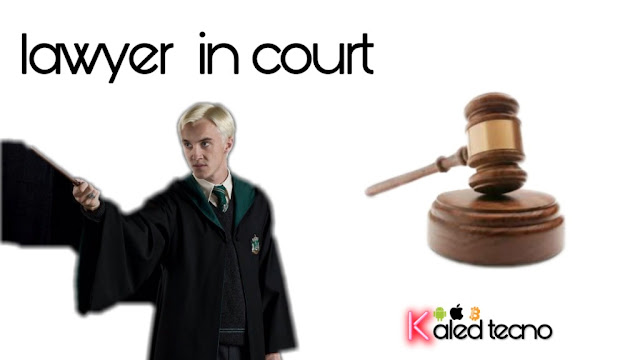? What is the authority of a lawyer in court
Lawyers play a crucial role in the legal system, and their authority within the courtroom is governed by ethical standards, professional conduct rules, and the laws of the jurisdiction. Here are some key aspects of a lawyer's authority in court:
Representation of Clients:
Lawyers have the authority to represent their clients in court. This includes presenting evidence, making legal arguments, and advocating for their clients' interests within the bounds of the law.
Legal Advocacy:
Lawyers have the authority to advocate on behalf of their clients. This involves presenting legal arguments, interpreting the law, and applying legal principles to the facts of the case.
Cross-Examination:
During trials, lawyers have the authority to cross-examine witnesses presented by the opposing party. This allows them to question the credibility and reliability of the testimony.
Filing Motions:
Lawyers can file various motions with the court, seeking specific actions or rulings. For example, they may file motions to admit or exclude evidence, request a summary judgment, or dismiss a case.
Opening and Closing Statements:
Lawyers have the authority to make opening and closing statements during trials. These statements provide an overview of the case, highlight key evidence, and persuade the judge or jury.
Legal Research and Briefing:
Lawyers have the authority to conduct legal research, analyze case law, and prepare legal briefs. These documents present legal arguments and support a lawyer's position on specific legal issues.
Negotiation and Settlement:
Lawyers have the authority to negotiate settlements on behalf of their clients. They can engage in discussions with opposing counsel to reach agreements that resolve disputes without the need for a trial.
Expert Witnesses:
Lawyers can present expert witnesses to provide specialized knowledge or opinions relevant to the case. They have the authority to call and question these witnesses to support their client's position.
Objections:
Lawyers have the authority to raise objections during court proceedings. Common objections include objections to the admissibility of evidence, leading questions, or other procedural matters.
Legal Advice:
Lawyers have the authority to provide legal advice to their clients. This includes explaining the law, assessing the strengths and weaknesses of a case, and guiding clients through legal processes.
It's important to note that a lawyer's authority in court is subject to ethical constraints and professional standards. Lawyers are expected to uphold the principles of honesty, integrity, and fairness. They must also follow court rules and procedures. The authority of lawyers is granted to them within the framework of the legal system to ensure the fair and effective administration of justice.


Thanks for writing to us